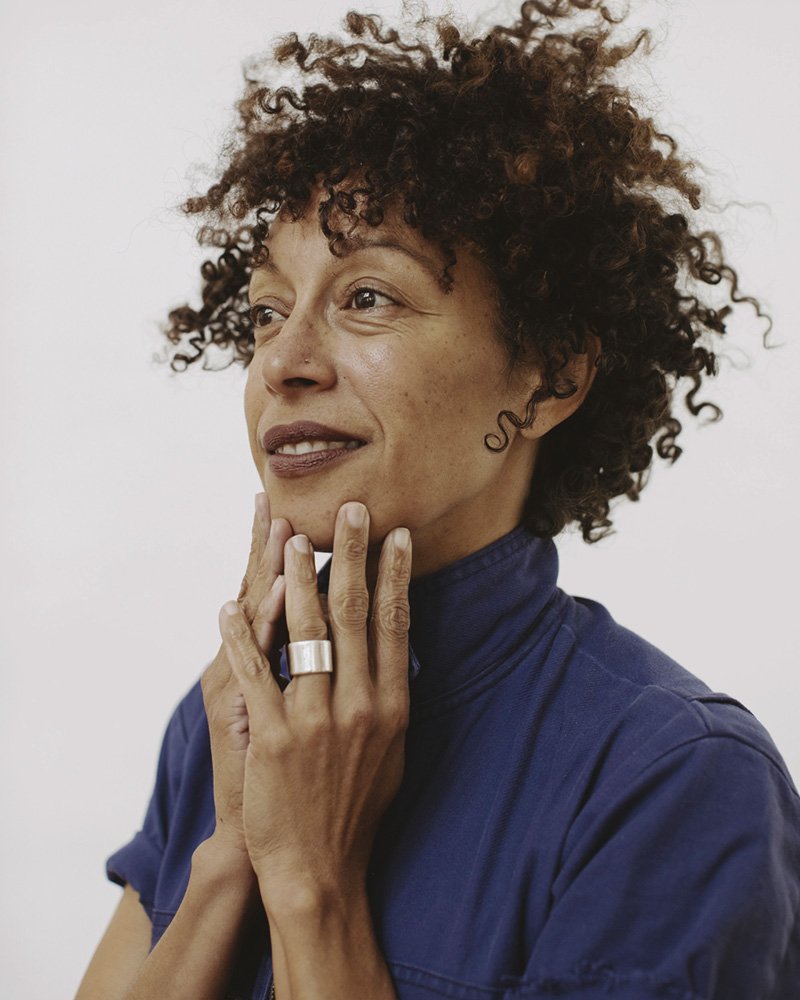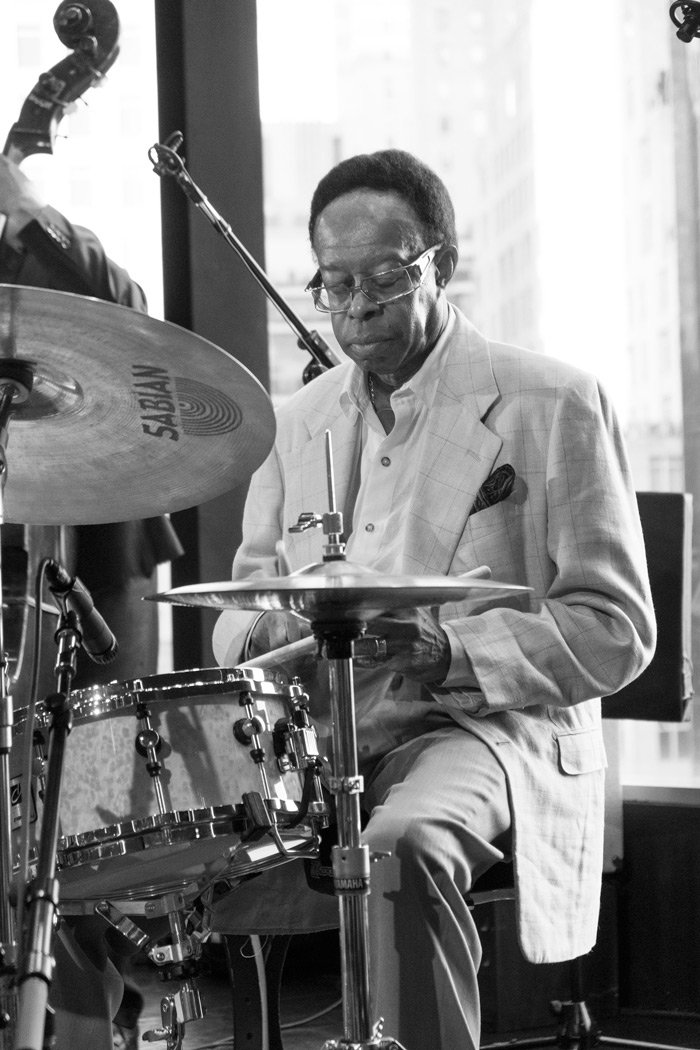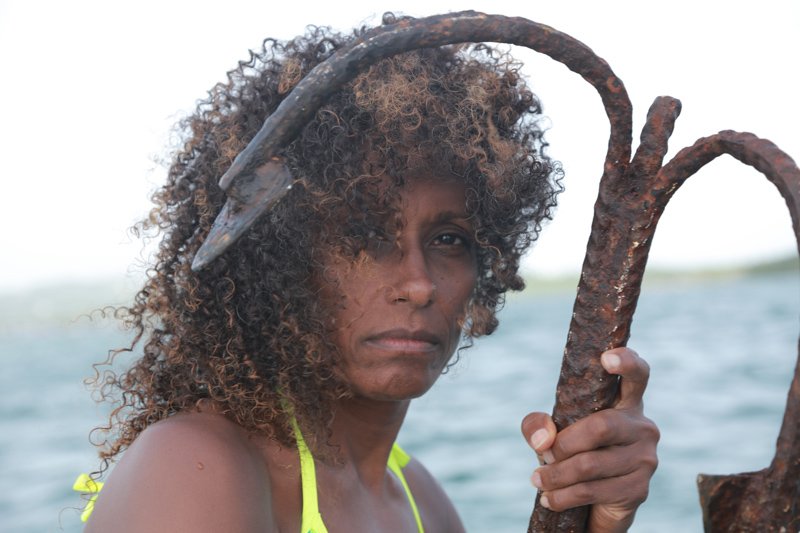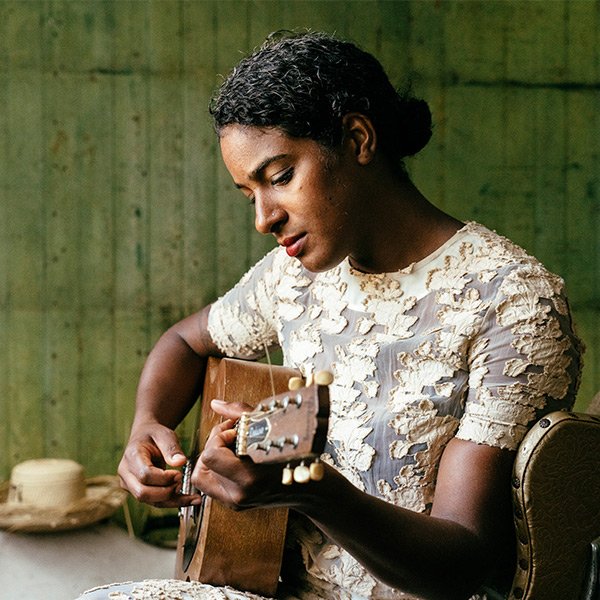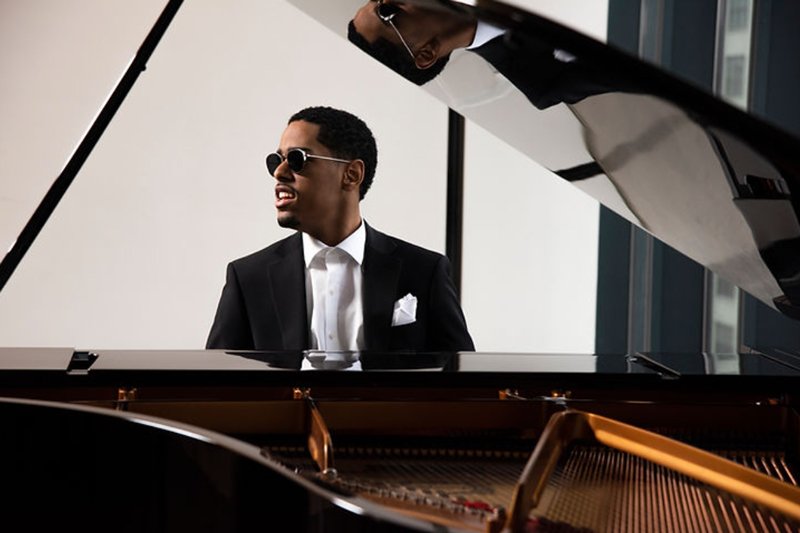Louis Hayes
ARTIST SPOTLIGHT
With a career that has spanned eight decades, Louis Hayes is truly a jazz stalwart in every sense. His is a lasting influence that has become fully ingrained into the culture of jazz and helped shape fellow jazz drummers near and far, starting in the 1950s. Described by JazzTimes as “one of the chief architects of modern jazz drumming,” Hayes’ uncanny and innovative ability to shift seamlessly between driving hard bop and quiet sensitivity on ballads has made him one of the premier drummers in jazz — and he isn’t slowing down anytime soon.
Born in Detroit to a father who played drums and a mother who played the piano (and was also Prince’s aunt), music was always in Louis Sedell Hayes’ blood. After getting a young start with his first drum set at the age of 10, Louis’ early influence was shaped by his cousin, Clarence Stamps, a renowned drummer who emphasized technical fundamentals and taught him lessons that stuck for life.
It was around this time that Louis began to hear jazz and big bands on the radio, which played a significant role in the music he desired to play as he got older. His main influence at the time was Philly Joe Jones, and he was mentored by Jo Jones, both of whom were accomplished and highly respected jazz drummers of their eras.
By the age of 16, Louis was already leading a band in various Detroit clubs. When he was 19, Louis moved to New York to replace Art Taylor in the Horace Silver Quintet, releasing five albums on Blue Note Records between 1957 and 1959 with the legendary pianist. Hayes’ 2017 album, Serenade for Horace, is a tribute to his friend and former bandleader. In 1959, he joined the Cannonball Adderley Quintet and remained with the group until mid-1965, when he departed to replace Ed Thigpen in the Oscar Peterson Trio. After two years, Hayes exited the trio and formed a series of other groups that included sidemen like Freddie Hubbard, Joe Henderson, Kenny Barron, and James Spaulding before eventually reuniting with Peterson in 1971.
Hayes’ prolific career includes work with John Coltrane, Wes Montgomery, Thelonious Monk, J.J. Johnson, Sonny Rollins, Ravi Shankar, Kenny Burrell, Freddie Hubbard, Bobby Timmons, Hank Mobley, Booker Little, Tommy Flanagan, Cecil Taylor, McCoy Tyner, Ray Brown, Joe Henderson, Gary Bartz, and Tony Williams. He also led sessions for recordings on jazz labels, including Vee-Jay, Timeless, Muse, Candid, Steeplechase, and TCB. Since 1989, he has led his own band and, together with Vincent Herring, formed the Cannonball Legacy Band. Louis is also a part of the NEA Jazz Masters awards class of 2023.
Harlem Stage continues to host an array of diverse performances from Black Artists from all corners of the world — including right here in New York. Stay up to date on upcoming live and digital performances by subscribing to our weekly newsletter.


